
Get People to Do What You Want
How to Use Body Language and Words for Maximum Effect
Recommendation
Former US Army battlefield interrogator Gregory Hartley and best-selling author Maryann Karinch share the secrets of getting people to do what you want. The authors guide you through subtle manipulation in a conversational, accessible voice. They modified Army interrogation tactics to fit every day life to help you rise to the top, ask questions that elicit the information you want, draw followers and thrive in a negotiation. Whether you’re a CEO or hoping for your first leadership role, you can push your agenda ahead if you have the right tools – just handle with care.
Summary
About the Authors
Gregory Hartley and Maryann Karinch have co-written 10 books, including The Art of Body Talk and How to Be an Expert on Anything in Two Hours.


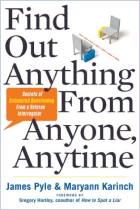
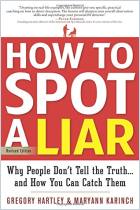
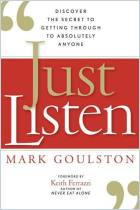
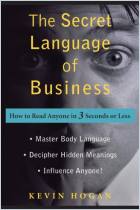
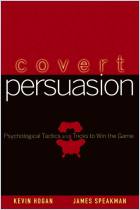

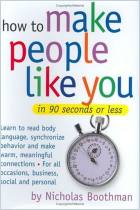
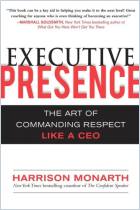


Comment on this summary